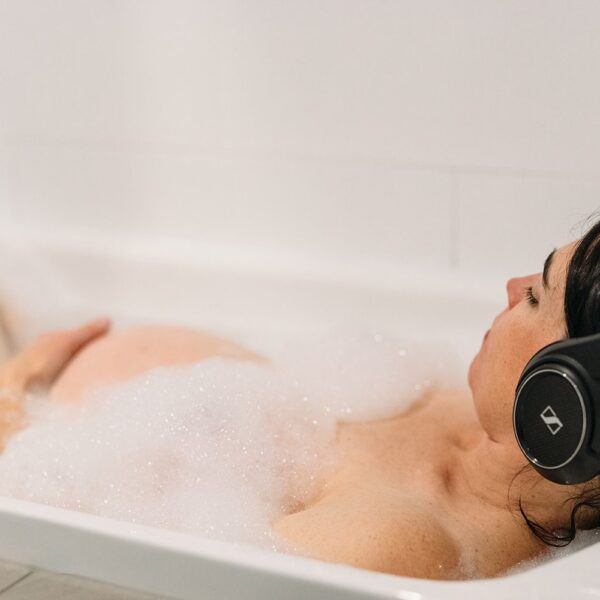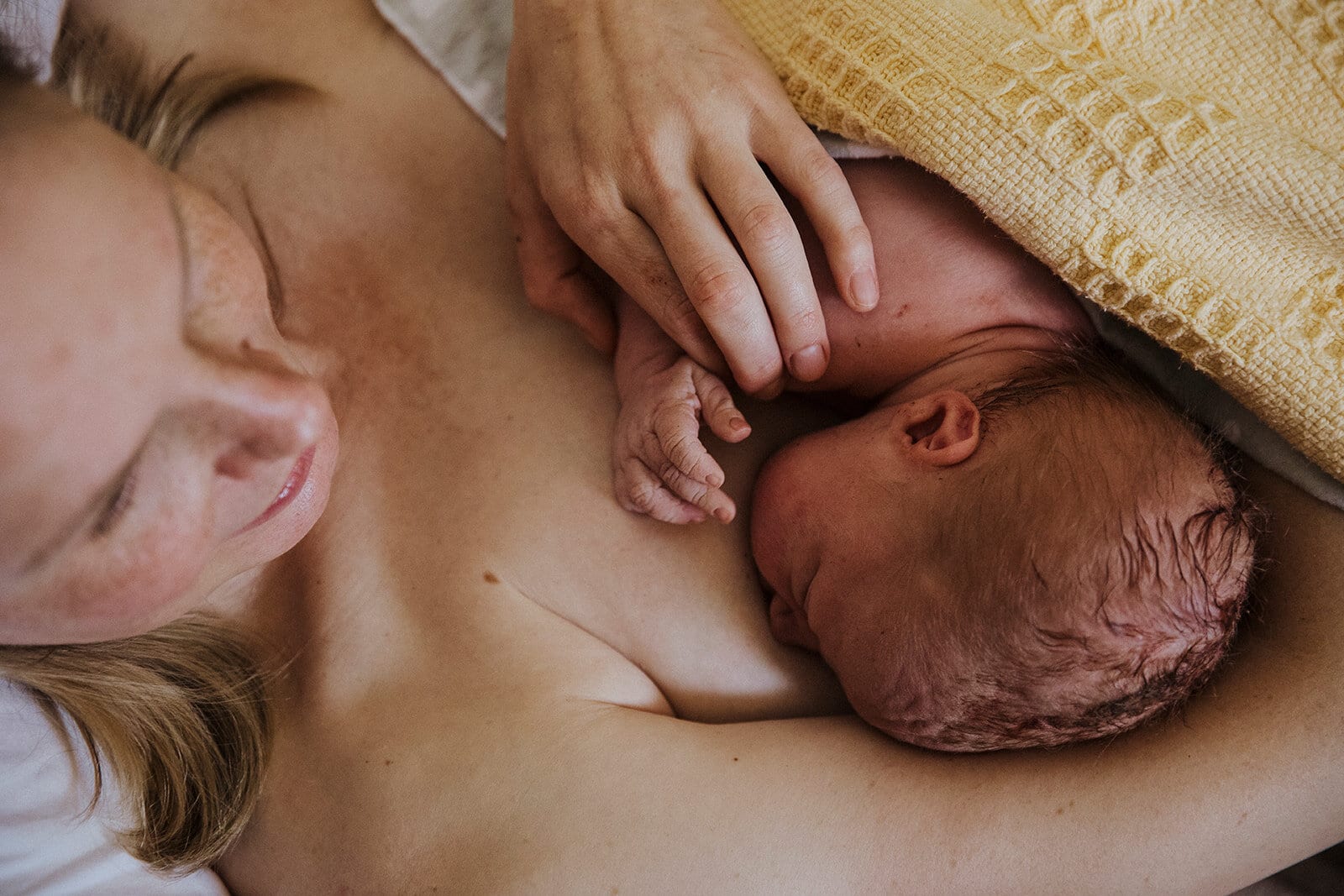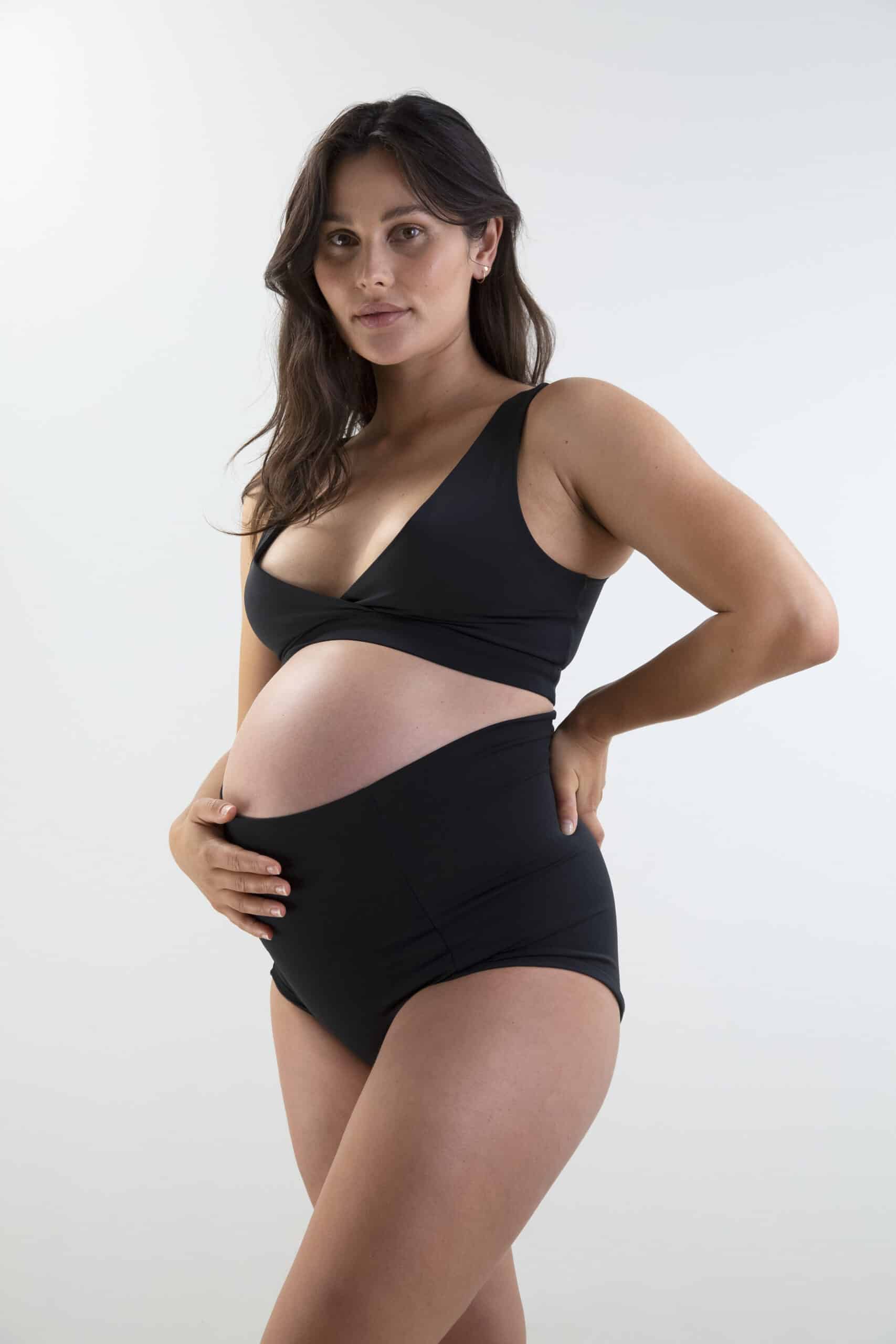Postpartum A Guide to Packing Your Nappy Bag
A Guide to Packing Your Nappy Bag
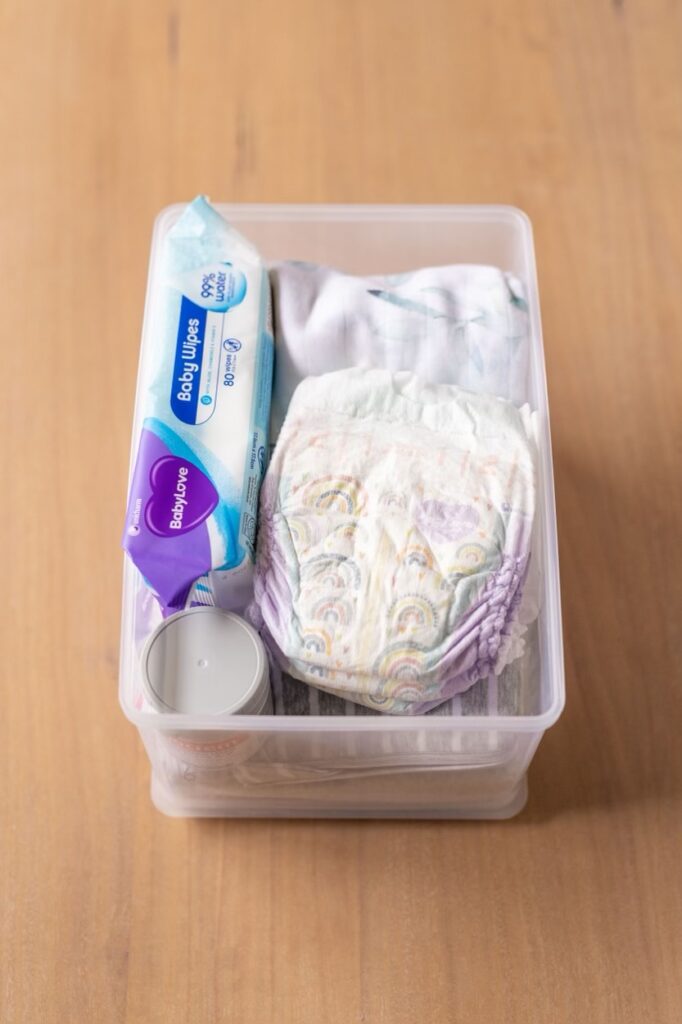
If you’re currently pregnant and starting to gather essentials for your baby, chances are you’re thinking about the must-haves for your nappy bag.
Once you feel comfortable leaving home with your baby (we encourage at least three weeks of rest and healing before you venture out), your nappy bag will become your life jacket. Indeed, it will have one (or two) of everything you could possibly need for any eventuality.
So what exactly will you need? Here’s our tried and tested nappy bag essentials:
1. Nappies :
Babies poo at all times but in my experience, they really love to do it when you’re out and about and nowhere near a change table. Inconvenient but better out than in! Cue the boot of your car which really comes into its own when you’re in desperate need of a comfortable, warm and private spot to change your baby’s nappy. BabyLove knows this experience well so they take care of your baby’s growing needs with superior nappies that you can rely on. BabyLove nappies are high-quality and practical, developed with attention to detail for the ultimate comfort and leak protection. As you gather essentials for your newborn, make sure you get your BabyLove Free Sample today on the BabyLove website – babylovenappies.com.au.
Tip: always keep a few spare nappies, wipes and a spare change of clothes in the car – separate to your nappy bag.
2. Wipes :
my three boys are well and truly out of nappies but I always have a packet of wipes on hand because they’re one of the most practical parenting products. I recommend all new parents keep a packet in the car, the nappy bag, in the lounge room and on the nappy change table. If you leave them in the car with the lid off and they dry out, just add a little water and they should become moist again.
3. Nappy Bags :
what’s that smell? I won’t tell you about the dirty nappy I momentarily forgot about and found in the car days later because I still shudder at the memory. Instead, I’ll encourage you to have nappy bags on hand at all times so the dirty nappies and wipes can be easily contained. I also recommend a waterproof swimming bag to use for dirty singlets and onesies while you’re out and about.
4. Spare Clothes :
extra singlets, onesies, tops, leggings, socks and a swaddle or wrap is absolutely essential for at least the first year of your baby’s life. You just never know when a poonami will occur. While it’s not quite as necessary, you might be inclined to keep a spare change of clothes for yourself, too. Why? Parenting is innately messy and unpredictable.
5. Feeding essentials :
if you’re bottle feeding, you’ll need to take bottles, formula and sterilised water with you at all times (remember you can’t mix up formula prematurely; you’ll need to carry the formula and water separately). If you’re breastfeeding, feeding in public may be a cause of stress for you and it’s important to know that this is really normal. It’s also why staying at home after birth is so important for establishing breastfeeding and feeling confident in your ability. Your car will likely become your portable home when you’re out and about; you’ll feed and change your baby there. Make sure you’ve got a few swaddles or cloths to catch spilt milk, a nipple shield if you’re using them and a drink bottle so you can stay hydrated while your baby feeds.
Categories
Related Products
-
Birth Meditations
$49.00Narrated by Sophie Walker, these soothing and informative meditations help you feel supported and confident around birth.
Get your copy of our Perineal Massage Guide in your inbox
Keep Reading
We think you might enjoy these articles
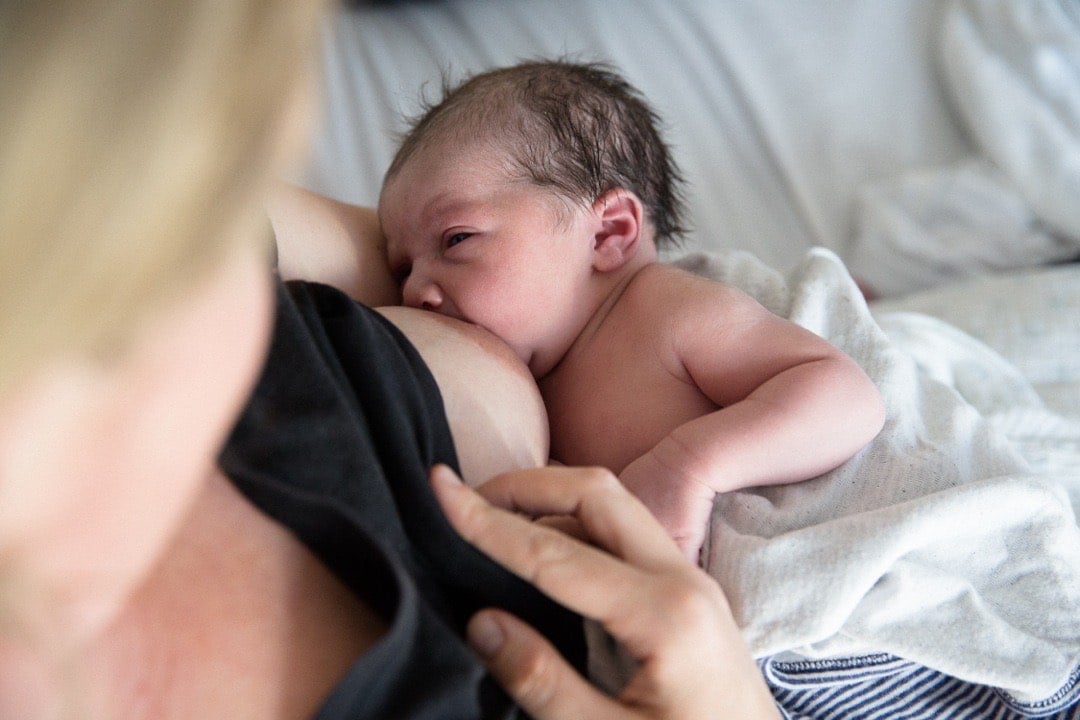
Breastfeeding: What to Expect in the First 72 Hours
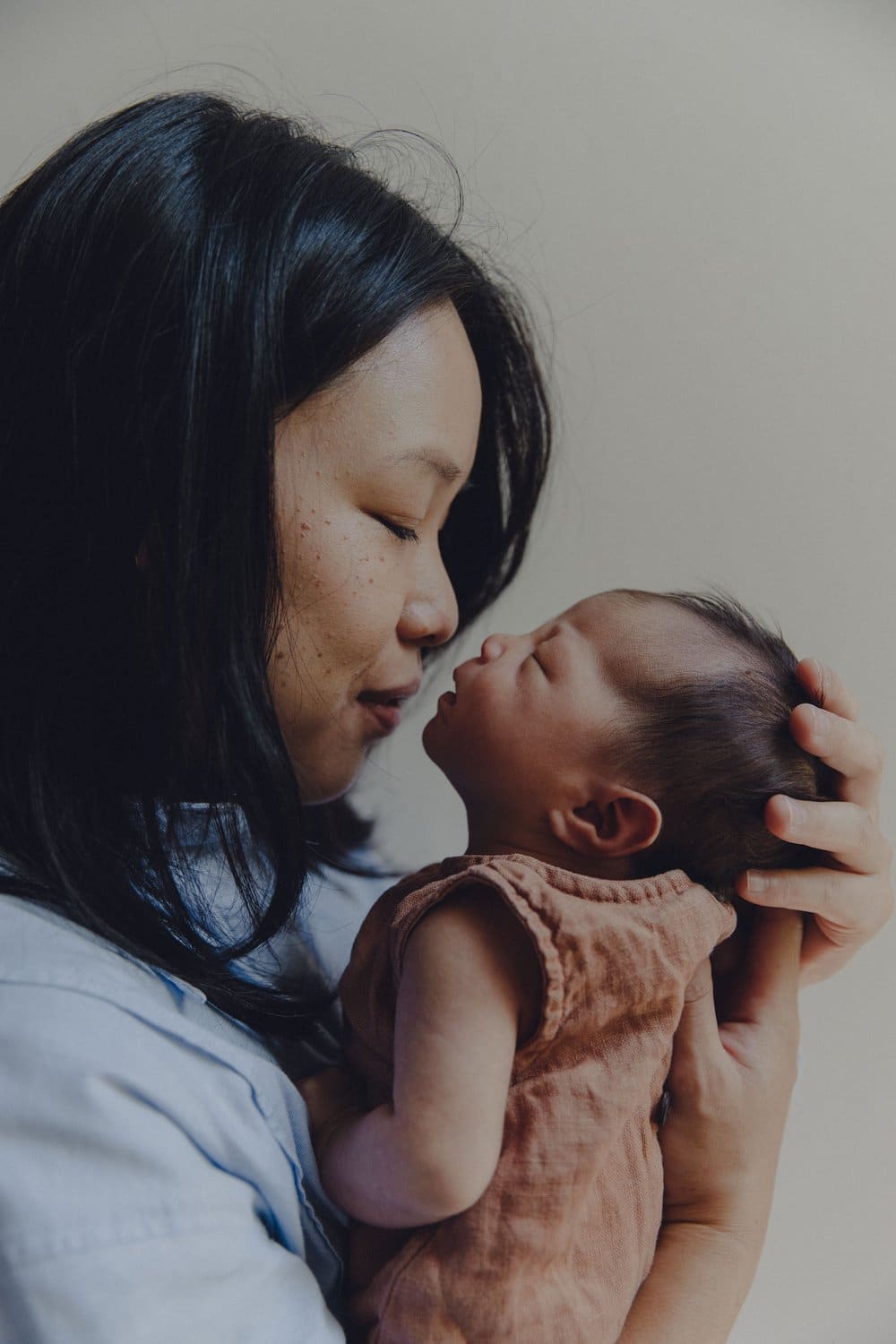
Why planning for postpartum is just as important as planning for birth – and how to do it right
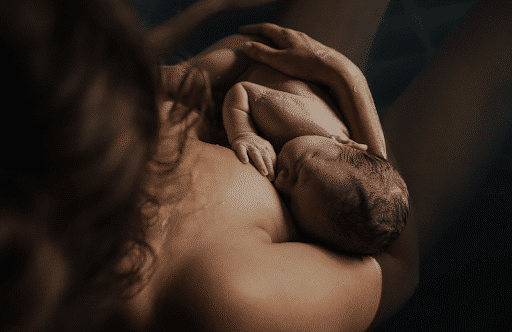
Cracked Nipples: Causes, Treatment and Prevention
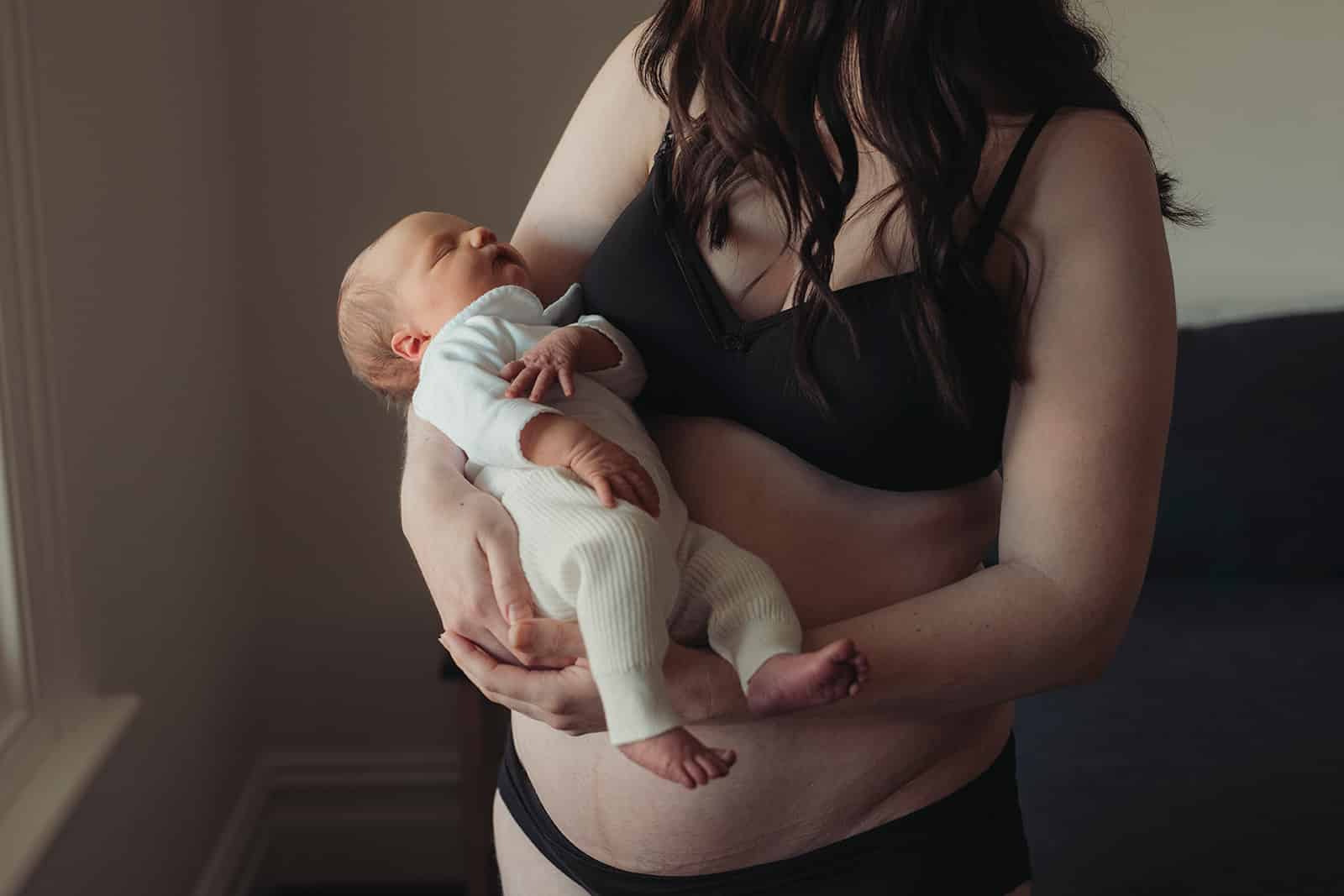
Caesarean Birth Recovery
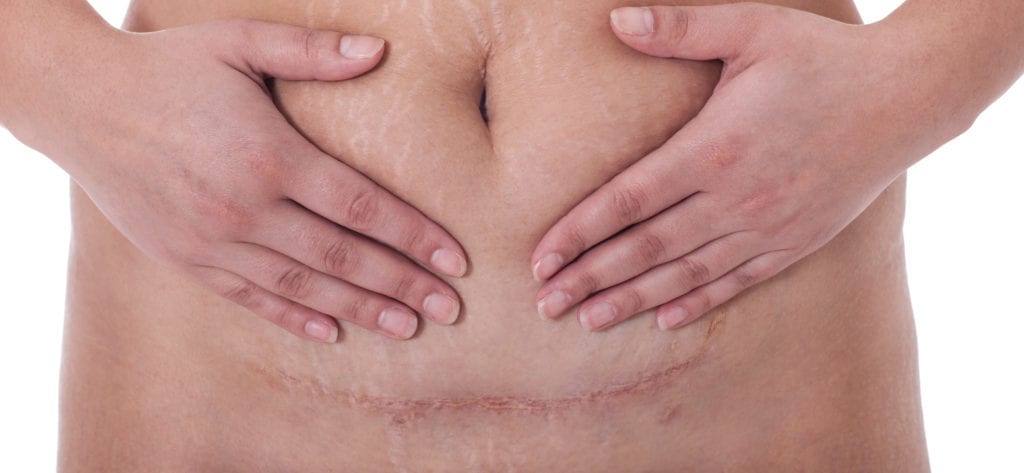
What is a C-Section Shelf?
@AustralianBirthStories
Follow along with us
@AustralianBirthStories
Follow along with us
@AustralianBirthStories
Follow along with us
@AustralianBirthStories
Follow along with us
@AustralianBirthStories
Follow along with us
@AustralianBirthStories
Follow along with us
@AustralianBirthStories
Follow along with us
@AustralianBirthStories
Follow along with us
@AustralianBirthStories
Follow along with us
@AustralianBirthStories
Follow along with us
@AustralianBirthStories
Follow along with us
@AustralianBirthStories
Follow along with us
